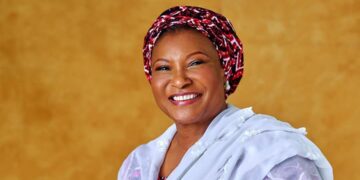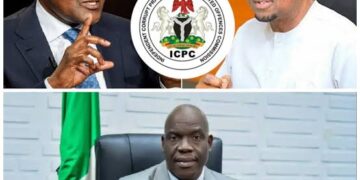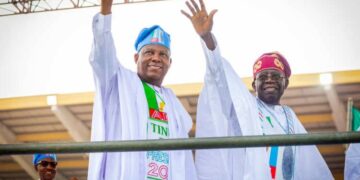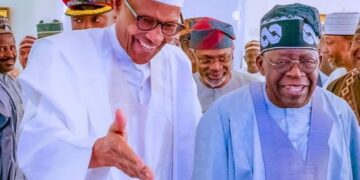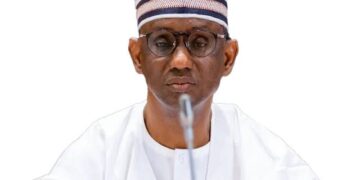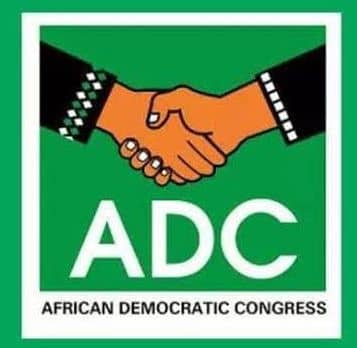The African Democratic Congress (ADC) has raised concerns over what it described as “statistically implausible” figures released by the Independent National Electoral Commission (INEC) in its first-week report on new Continuos Voter registrations. According to the party, the numbers from Osun State alone defy both historical patterns and demographic realities, with nearly 400,000 new registrations reportedly completed in just seven days.
In a statement signed by its National Publicity Secretary, Mallam Bolaji Abdullahi, the ADC warned that such suspicious figures, if left unchecked, could undermine confidence in Nigeria’s entire electoral process. The party therefore calls on INEC to explain how it is that in Osun State, one week’s registration exceeded the total number of new voters recorded in the state over the last four years combined, while the South West zone alone accounted for an extraordinary 67 percent of all pre-registrations nationwide.
The full statement reads:
The African Democratic Congress (ADC) has viewed the first set of data released by the Independent National Electoral Commission (INEC) on new Continuos Voter registrations with great concern.
According to INEC’s figures, Osun State alone recorded 393,269 pre-registrations in just one week. To put this in context, Osun added only 275,815 new voters between 2019 and 2023, a period of four years. In other words, Osun has now supposedly registered more people in seven days than it managed to do in an entire electoral cycle of four years.
Even at its highest point of political mobilisation in 2022, Osun has never produced more than 823,124 votes cast in the Governorship Election. Now, by some miracle, nearly 20 percent of all eligible adults in the state have rushed to register. This is not just unusual, it is statistically implausible.
The anomalies become even more glaring when viewed in the context of the overall registration report. Across the six geopolitical zones, the South West alone accounts for 848,359 pre-registrations, an astonishing 67 percent of the national total. By contrast, the entire South East recorded just 1,998 pre-registrations. To further illustrate, three states—Osun, Lagos, and Ogun—make up 54.2 percent of all pre-registrations in Nigeria, while five states combined—Ebonyi, Imo, Enugu, Abia, and Adamawa—barely recorded 4,153, or 0.2 percent, while the entire North East recorded just 6.1 percent.
These fantastic figures suggest either another technical “glitch” in INEC’s digital registration system, or a more troubling possibility of deliberate manipulation of data to lay the ground for a more sinister agenda in the coming elections. In either case, INEC has some explanations to give.
We must be clear: the voter register is the foundation upon which the entire electoral process rests. If the foundation is compromised, it brings the integrity of the elections into question. Nigerians still remember the bitter consequences of flawed voter rolls and “technical glitches” in past elections. Our democracy cannot withstand another one.
The ADC therefore calls on INEC to urgently conduct and publish a full forensic audit of the first-week pre-registration data, with a state-by-state breakdown of both physical and online registrations. INEC should also disclose the server logs, bandwidth distribution, and regional access reports for the registration portal during this period.
We call on all opposition political parties to set aside rivalry and jointly demand clarity from INEC on these glaring anomalies. We urge election monitoring groups, fact-checking organisations, and legal advocacy bodies to independently interrogate these numbers and press for accountability.
We also invite our partners in the international community—the United Nations, the African Union, ECOWAS, and Nigeria’s democratic allies—to take early interest in these developments, as the credibility of the 2027 elections begins with the integrity of this voter register.
The credibility of our democracy cannot be left to chance. Silence in the face of these anomalies would amount to complicity. The ADC believes Nigerians deserve an explanation, and we will continue to insist that INEC provides one.
History has shown that when questions about the voter register are left unanswered, the consequences go beyond politics; they touch on national stability itself.
The time to act is now.

